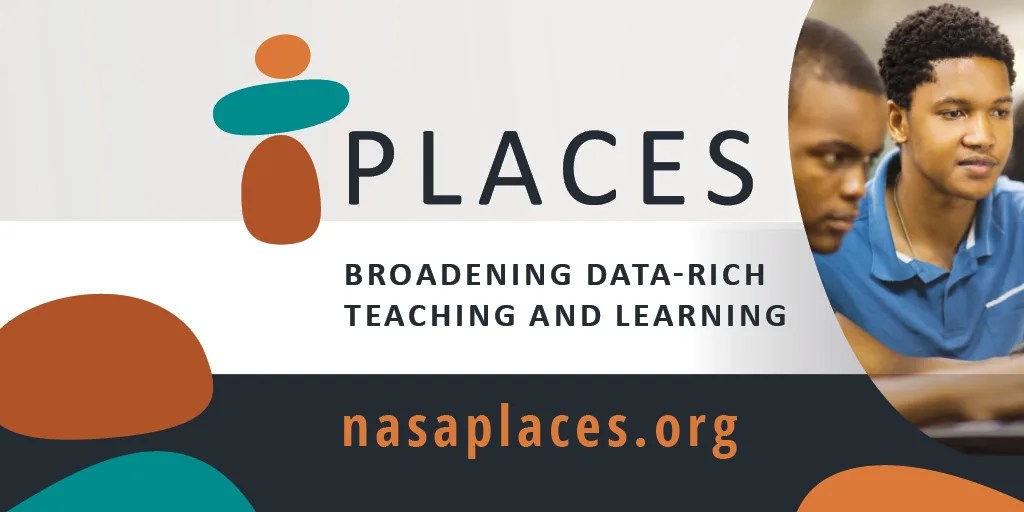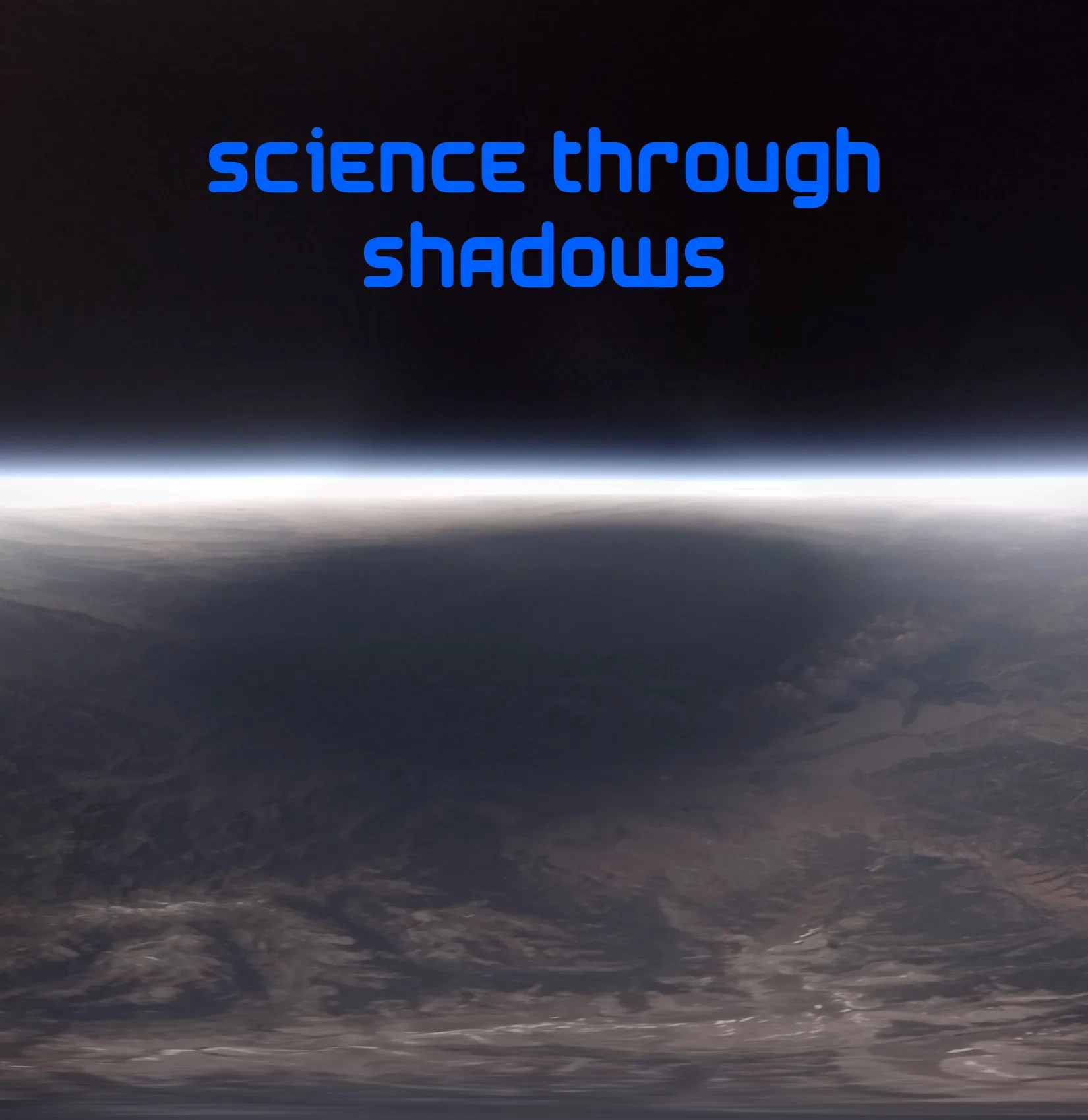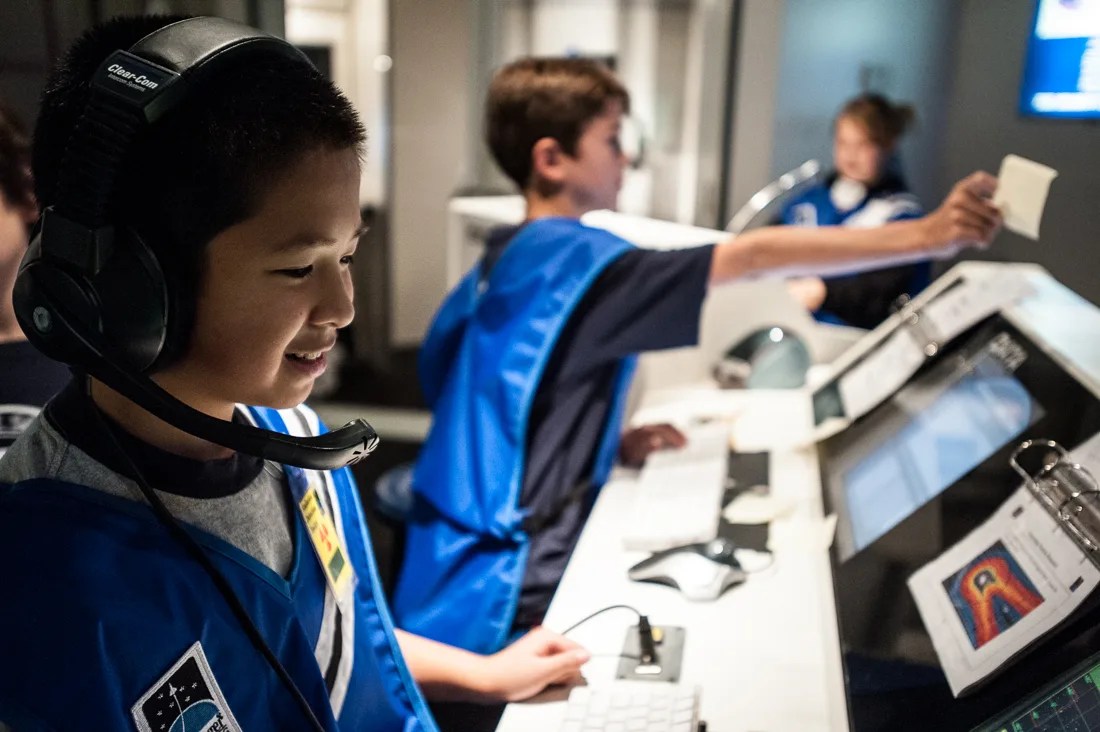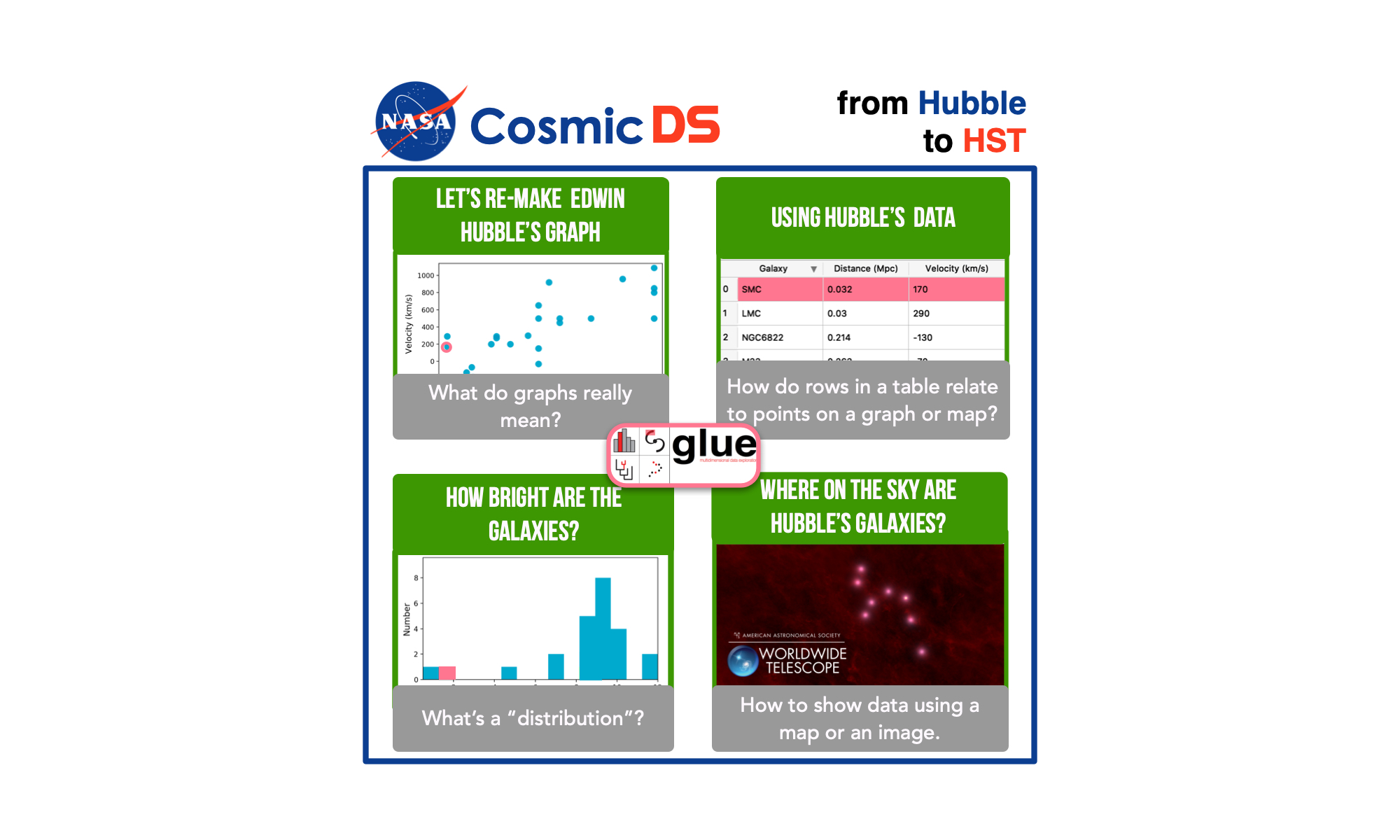Infiniscope
Empowering educators to develop next-generation, digital, adaptive learning experiences.
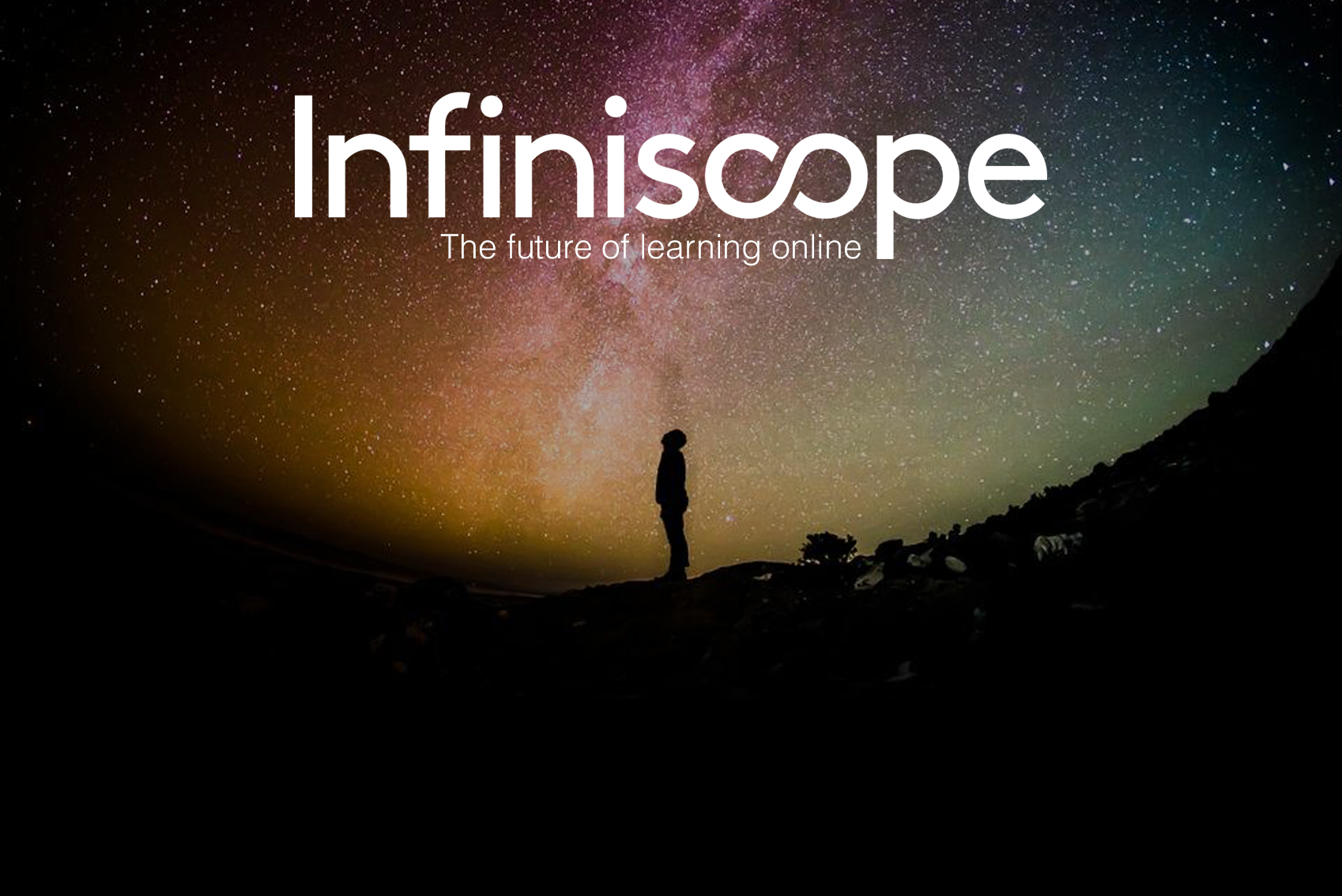
Team Mission
Transforming learning from mastery of the known to embrace exploration of the unknown at planetary scale through:
- Creating digital learning experiences rich with inquiry, immersion, and interaction that engage and inspire;
- Developing digital teaching networks that empower teachers to adopt, adapt, and advance education innovation;
- Establishing digital evaluation strategies that measure and nurture curiosity, persistence, and scientific reasoning.
What does your team hope to achieve?
Infiniscope provides me with the opportunity to introduce exobiology into my environmental science courses using exploration as an active learning method. The digital learning environment engages my students and gives them experimental opportunities that cannot be done in a classroom.
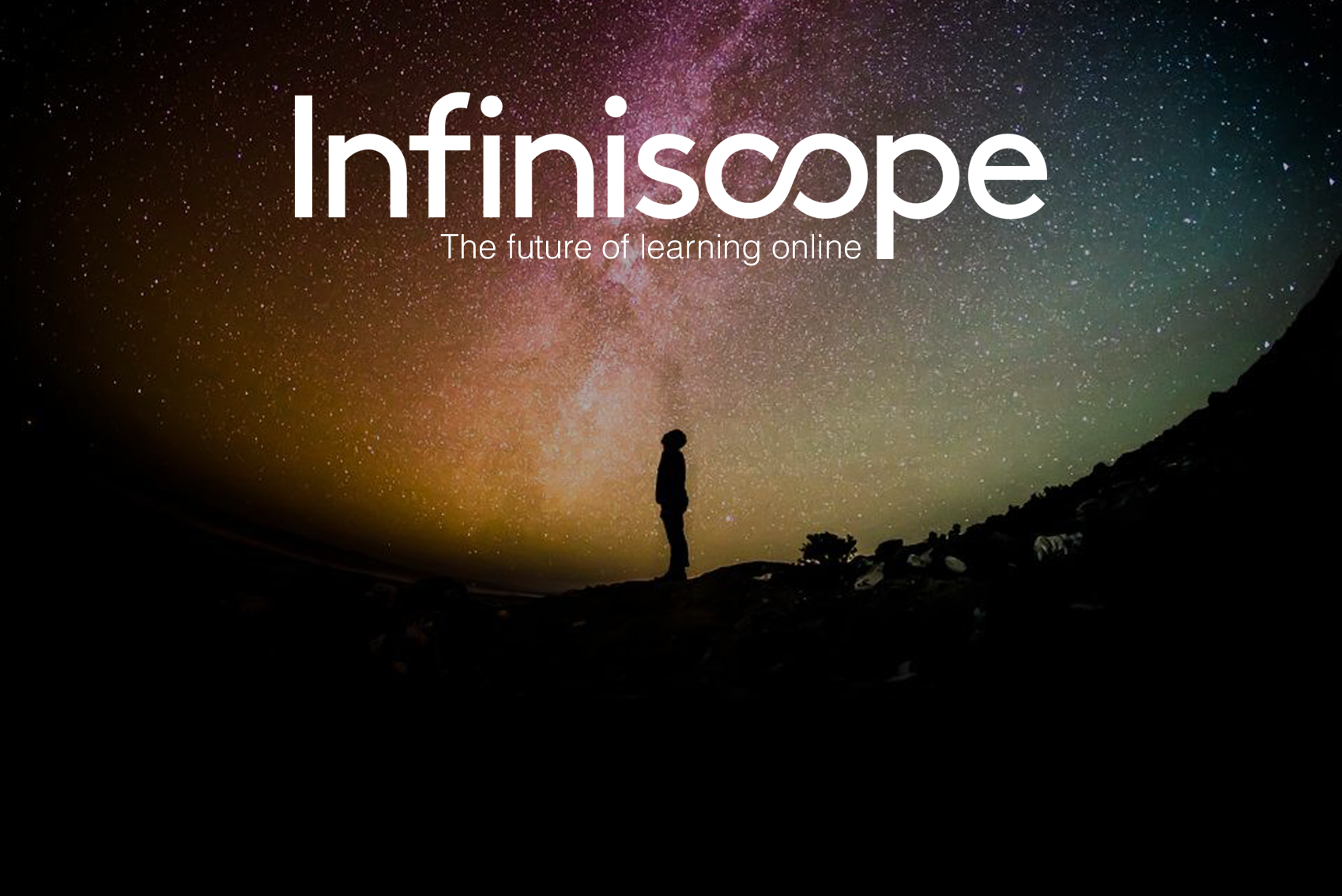
Brian Shmaefsky
Lone Star College - Kingwood
Arizona State University strives to develop next-generation, digital, adaptive learning experiences that are compelling to learners of all ages and use NASA science, visualizations, and stories. Infiniscope is not only creating activities, but training a community of educators to create their own adaptive learning experiences that provide feedback and pathways to meet the needs of their individual learners and communities. Not just another internet portal, Infiniscope is a digital platform that empowers a community of educators to connect, collaborate, and create, next-generation exploratory activities.
This experience has shown me a whole new world in which I set my students free to explore and learn and trust they are safe in their explorations without the infiltration of unwanted advertisements or misinformation.

Natasha Rabinowitz
Northeast Middle School
Project Web Site
Publications
Mead, C., Anbar, A. D., Horodyskyj, L. B., and Bratton, D. (2020). Education Through Exploration: A model for using adaptive learning to teach laboratory science online, in: Astronomy Education Volume 1: Online Formal and Informal Learning. Editors: Chris Impey and Matthew Wenger. Iop Publishing.
Pardos, Z. A., & Horodyskyj, L. (2019). Analysis of Student Behaviour in Habitable Worlds Using Continuous Representation Visualization. Journal of Learning Analytics, 6(1), 1–15. https://doi.org/10.18608/jla.2019.61.1
Mead, C., et al., (2019) Immersive, interactive virtual field trips promote science learning, Journal of Geoscience Education, 67:2, 131-142, DOI: 10.1080/10899995.2019.1565285
Ruberto, T. J. (2018). Implications of Learning Outcomes of In-Person and Virtual Field-Based Geoscience Instruction at Grand Canyon National Park. Master’s Thesis. Arizona State University.
Horodyskyj, L., et al., (2018). Habitable Worlds: Delivering on the Promises of Online Education. Astrobiology. 86-99. http://doi.org/10.1089/ast.2016.1550

